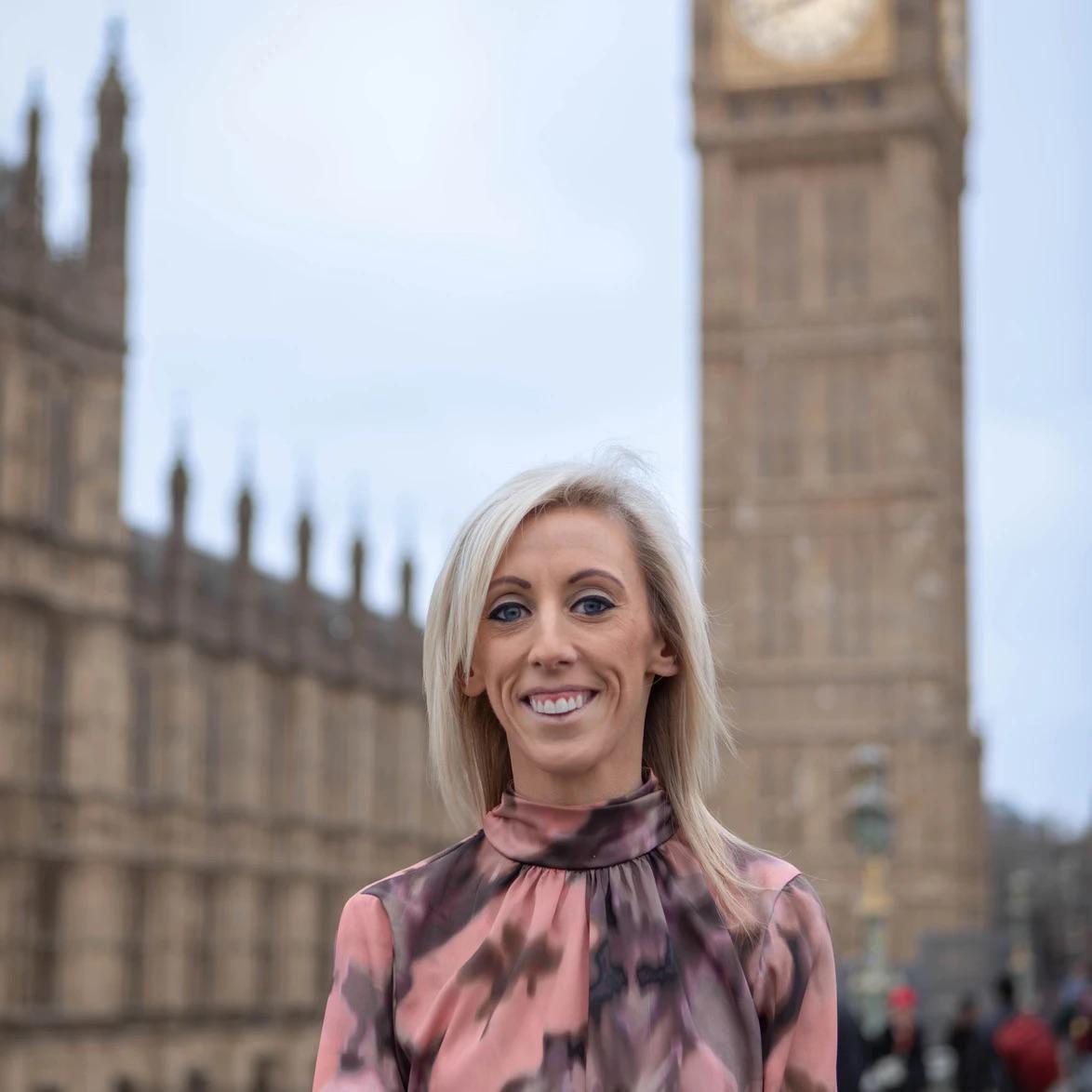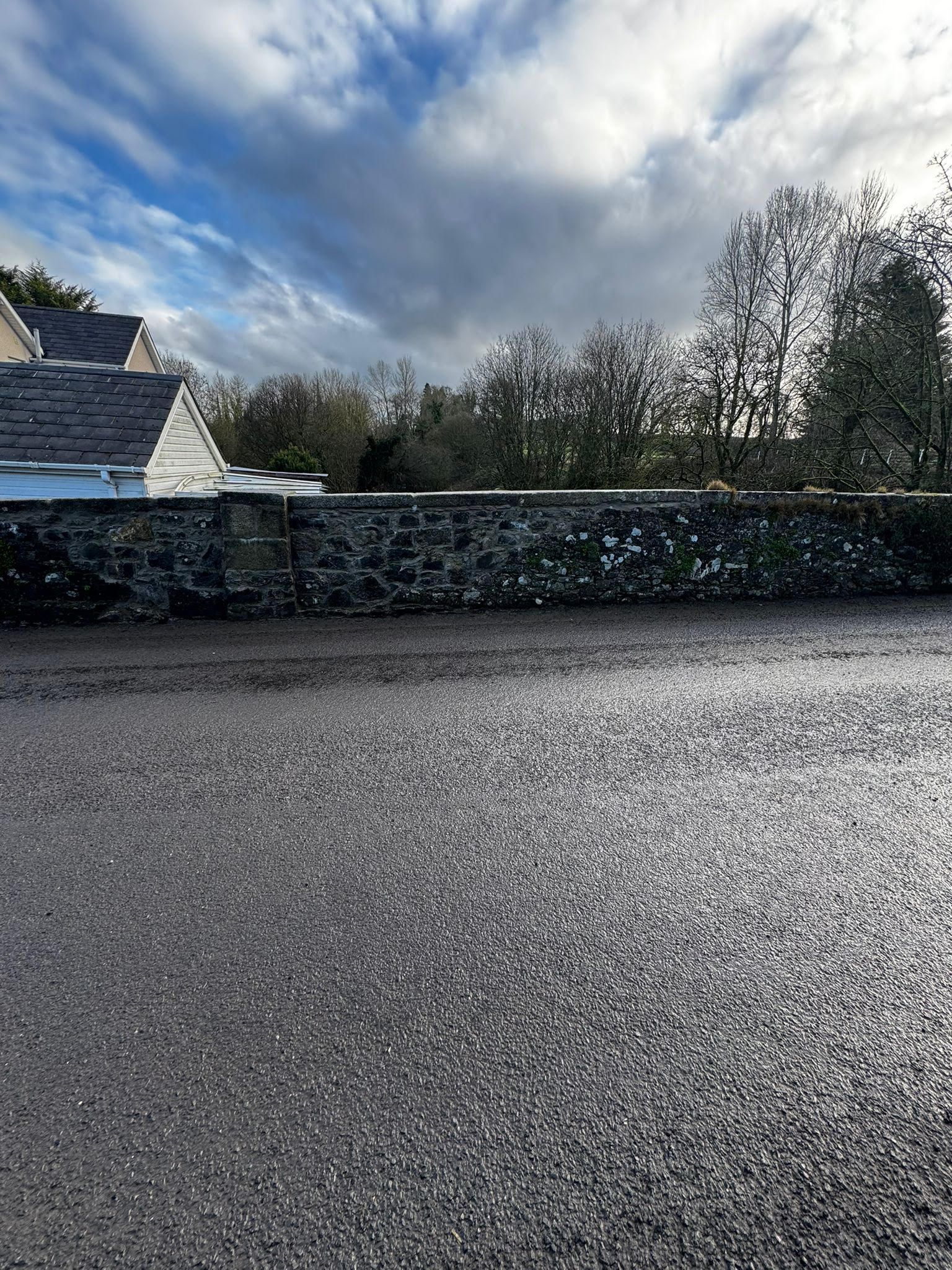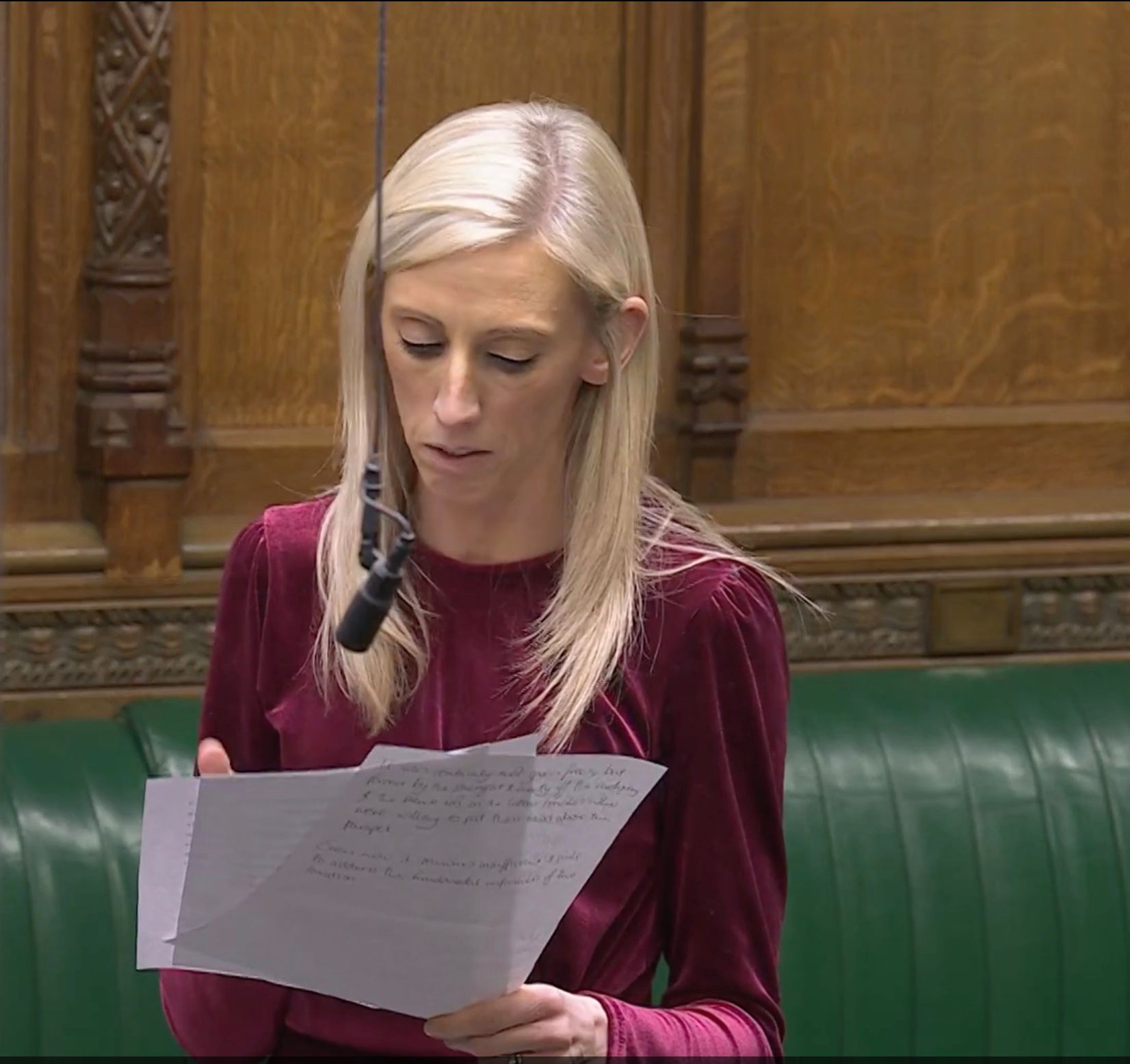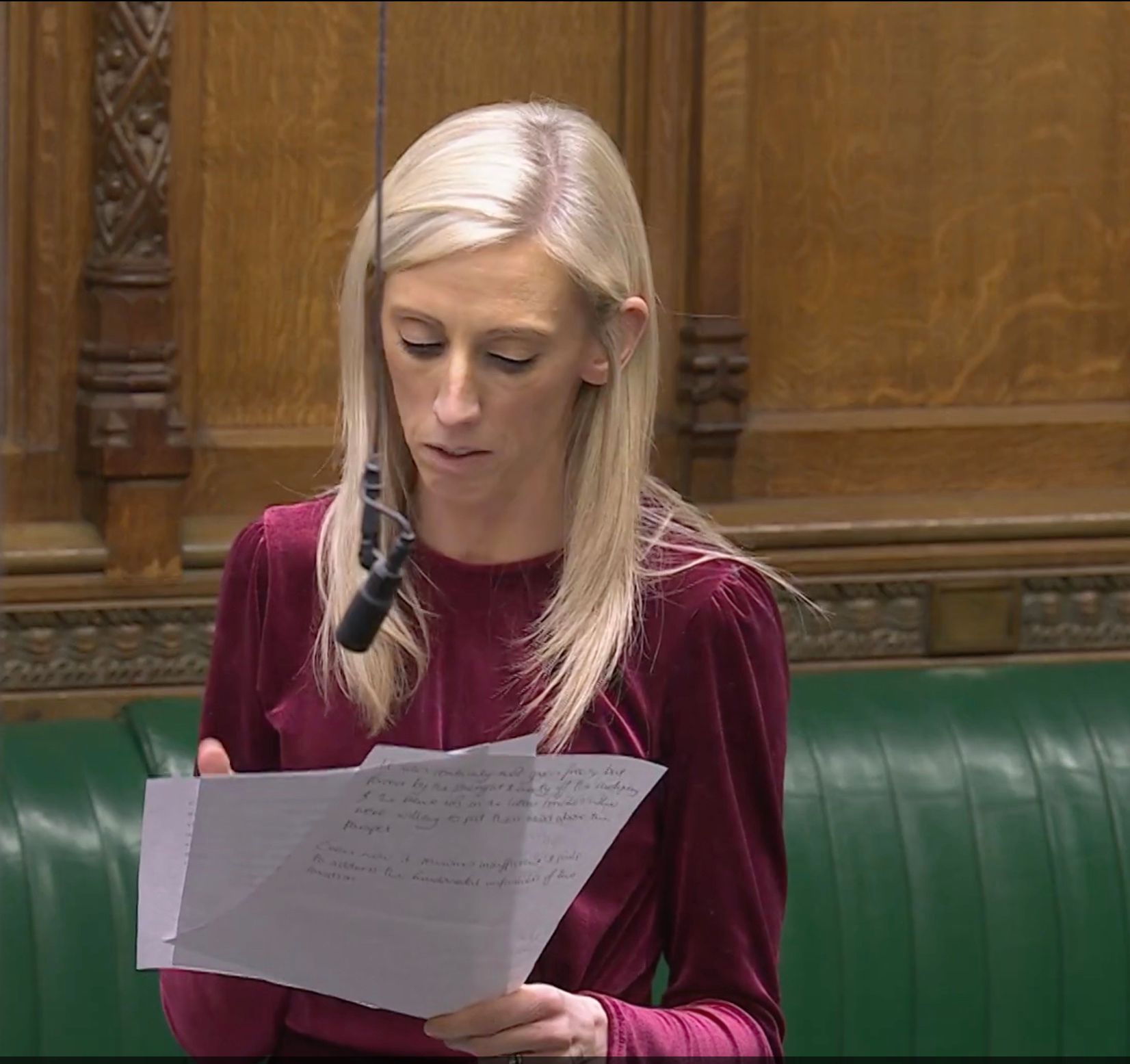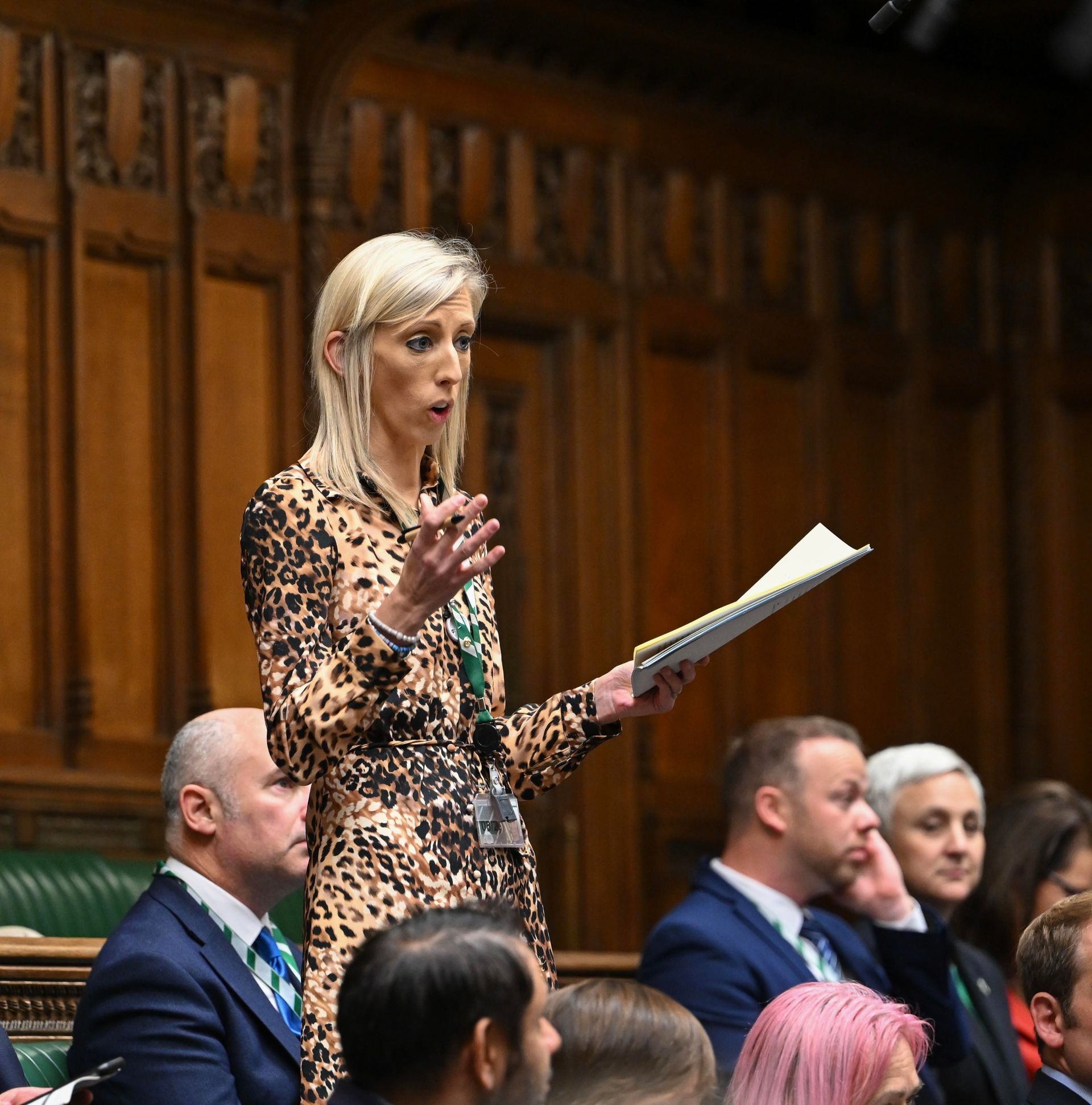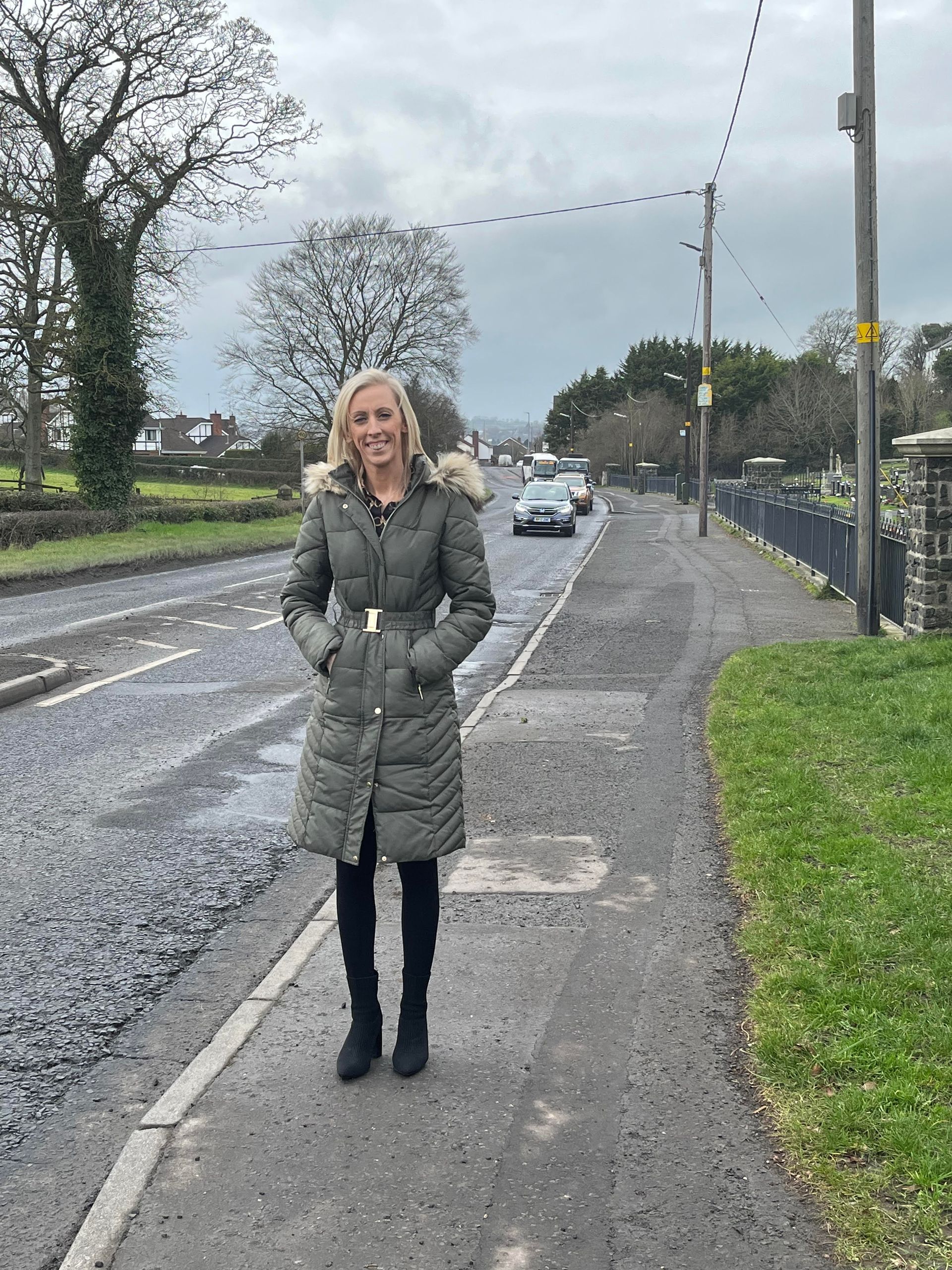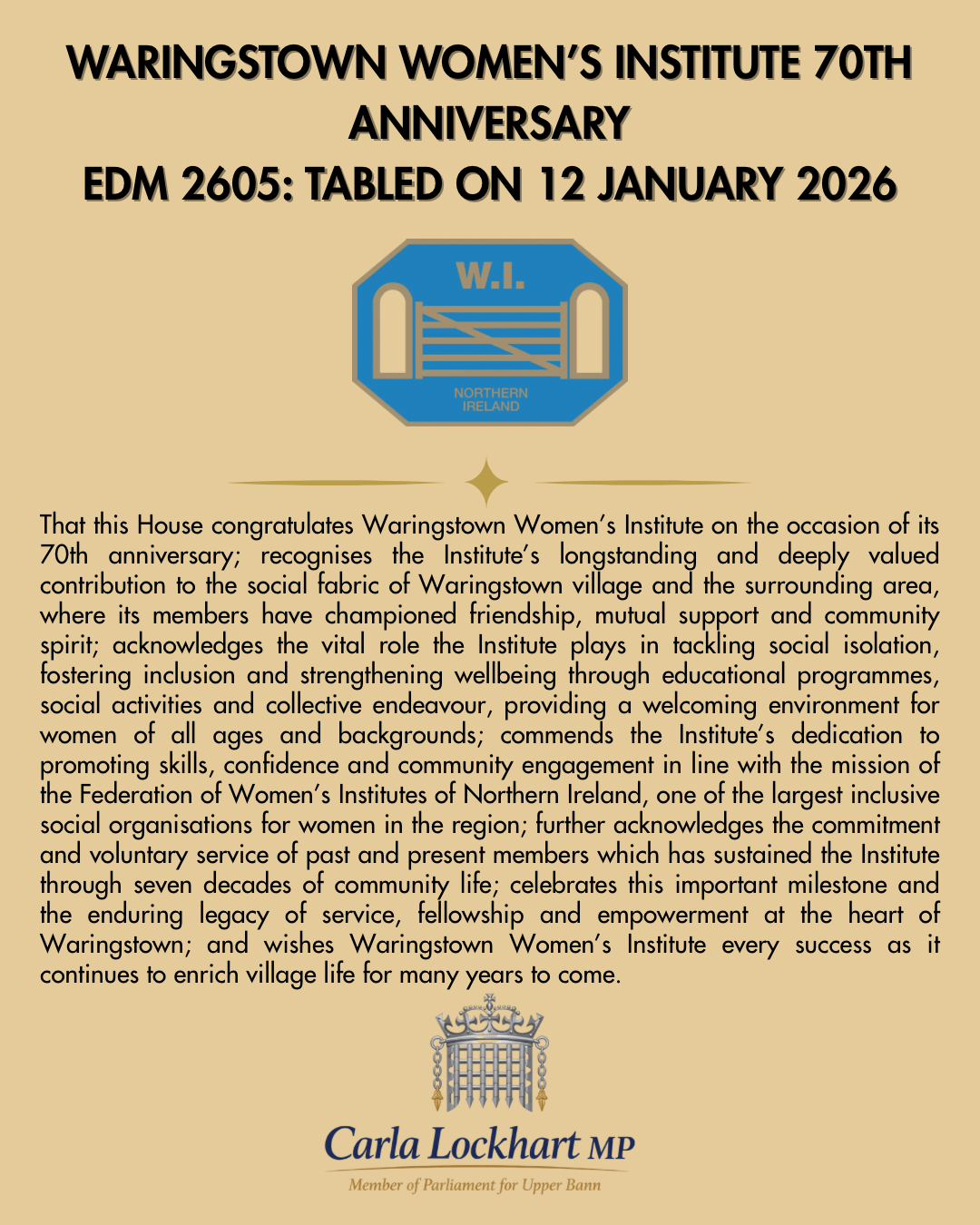Agriculture is a national asset, not a target for revenue generation
Debate urges government to engage with farmers over ‘tax heist’
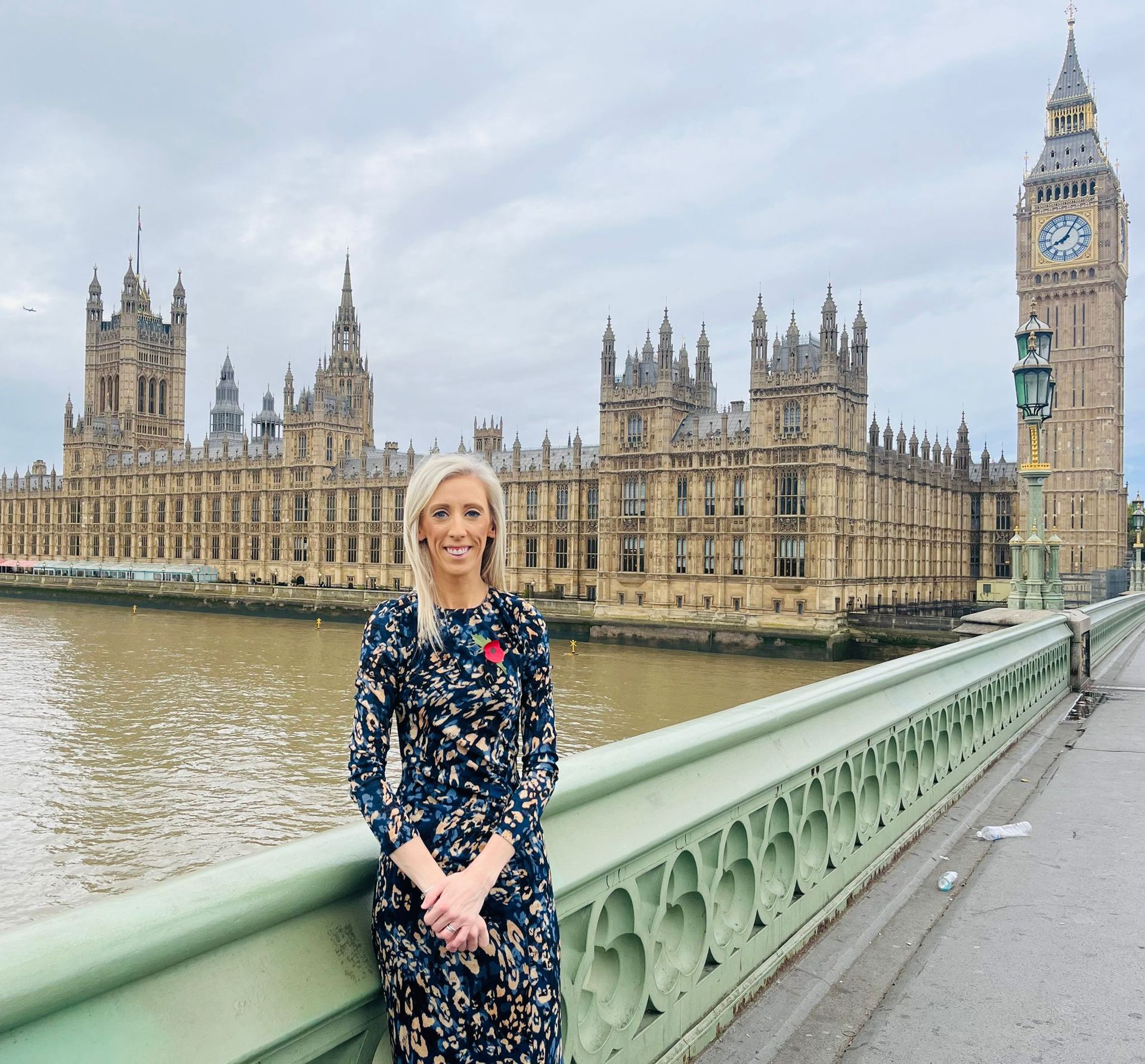
Upper Bann MP Carla Lockhart continues to lobby the Labour government to pause, listen and engage with the farming community over its planned changes to Agricultural Property Relief (APR) and Business Property Relief (BPR).
The DUP Agriculture spokesperson brought forward a debate in Parliament’s Westminster Hall this week, outlining that the proposed changes, set to be implemented in April 2026, will have devastating consequences for family farms across the UK.
Ms Lockhart said: “Agriculture is the foundation of our economy. It sustains rural communities, feeds over 10 million people annually, underpins our agri-food industry and provides work for tens of thousands of families. My grandfather tells me every Sunday at the dinner table: “if the farmer isn’t doing well in this country, no one is.”
“We have over 26,000 farms in NI, the vast majority of which are family run, often handed down proudly through several generations. The farm is not just a business, it is a home, a heritage and a legacy.
“Any policy that affects how farms are passed on to the next generation, rocks the very core of who we are as rural people.
“Traditionally, APR recognised that farming is asset-rich but cash-poor. A farm may be worth millions on paper, but that value is tied up in land, livestock, machinery, buildings and, most concerningly for many farmers, debt.”
The MP added” “When a farmer dies, the cash isn’t available to meet a large inheritance tax bill. That is precisely why successive governments introduced and retained APR, so that farms would not have to be sold off bit by bit, just to pay the tax man.
“The proposed change is being dressed up as modernisation or rebalancing, but in reality it is an attack on the very concept of family farming.
“Every local political party has been united in its opposition to the policy. In a joint letter to the Chancellor, signed by all MPs and peers from Northern Ireland, we set out a clear position.
“Agriculture is a way of life. The removal or restriction of APR will place an unfair and unsustainable burden on family farms, jeopardising succession planning and the future of farming.”
According to DAERA, the policy will impact a third of all farms and three-quarters of dairy farms - the heart of our agri-food export industry. Ms Lockhart continued: “The knock-on effects will be vast. Meat factories will face reduced throughput and rising costs, forcing scale-back and possibly relocation. Feed and supply companies will see demand collapse, threatening jobs and investment.
“The average Northern Ireland farm is about 40 hectares. Land values in some counties are in excess of £30,000 per acre. Many modest family farms will easily surpass the £1 million threshold.
“We are not talking about millionaires. We are talking about hard-working farmers who live modestly and work from dawn to dusk to feed the nation. If these proposals proceed, we will inevitably see forced sales of land simply to pay the tax liability. That means the fragmentation of farms, the loss of viable holdings and the disappearance of many small-to-medium sized family farms.”
She added: “The government talks about a fair and balanced approach, but what about the 80-year-old who has not got time to plan?
“This debate is not just about fairness. It’s about national food security. To undermine family farming through ill-judged taxation would be a profound mistake. The UK would be more dependent on imports and less resilient to crisis.
“Farming families have worked the land for generations, paid their taxes and cared for the countryside. APR is not, as it is presented in public discourse, a loophole, it is a lifeline that allows farms to pass from parent to child. To impose a new tax burden at the point of bereavement is not reform; it is punishment for choosing to farm.”
“Let me be clear,” stressed the MP, “the yield from this policy, even in Treasury terms, would be marginal compared to the cost it would impose on rural communities and the wider economy.
“In short, it is bad economics and bad morality. Across Northern Ireland, opposition to this proposal is widespread and heartfelt. From all corners of the agri-food industry the message is the same, this change must be reconsidered.
“Farmers have told me they feel under siege, squeezed by rising costs, regulatory pressures and now this looming tax threat. They want the government to work with them, not against them, which is why I have described this policy as a ‘farm tax heist’. “
Carla Lockhart MP said: “We need a review that recognises the unique structures of Northern Ireland farming. Many suggestions have been made, including in the latest CenTax report. I am not saying that it is a silver bullet, but it’s worth exploring.
“We speak in Westminster about sustainability and food strategy, but sustainability begins with sustaining the people who produce our food. We cannot say we care about the environment and rural life on one hand, whilst on the other make policies that threaten to strip families of the land they have cared for over generations.
“I urge the Treasury, with the full force of rural Northern Ireland behind, to stop forging ahead with a policy that will devastate small family farms in pursuit of a marginal tax return. Agriculture is a national asset, not a target for revenue generation.
“These changes are an attack on farming and form part of a wider Labour agenda that is anti-rural, anti-farmer and anti-common sense. That is how it is seen in rural Britain, and it is somewhat similar to the direction of travel of our own DAERA Minister.”
Concluding, Ms Lockhart said: “While producers face rising costs and red tape, Labour’s response is more tax and more barriers. Their net zero plans are driving good farmland out of production and into solar panels, and their planning rules are choking rural life and pushing young families off the land.
“On national TV, the reality was laid bare when Charles Rees said: “if something doesn’t change by next April I’d probably top myself.”
“If that does not send a shiver down every spine in government, then we are not in touch with the public. I urge Labour to scrap this farm tax and rethink. Stand with family farms before it’s too late.
“The Minister’s response is pathetic. He is sticking to the Labour Party script, but can he give us even an opening through the door of the Treasury? Will he open that door and speak with farming unions from across the nation?

